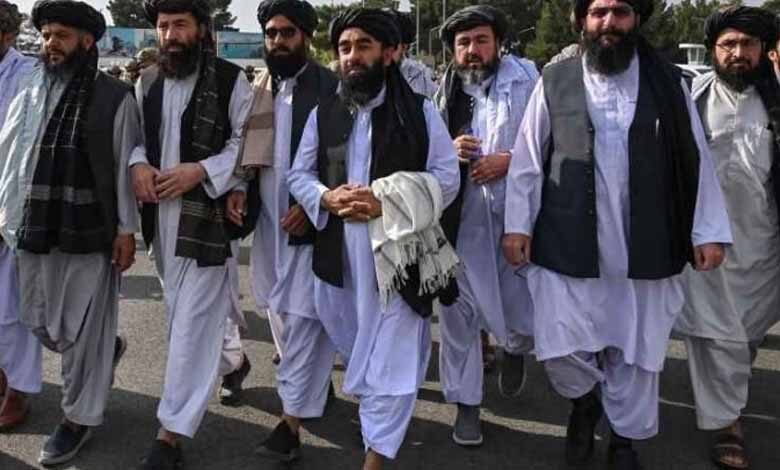Afghanistan, waits for the composition of its new Taliban government

Eyes are on Afghanistan as the Taliban prepare to unveil their new government, a move that may gage how “legitimate” they are with the outside world.
Anticipating a thirsty birth of governance comes after the Taliban celebrated on Monday the withdrawal of the last US soldier from Afghanistan, after the longest war the US has fought in the country, which lasted twenty years.
Meanwhile, Taliban official Ahmadullah Muttaqi said on social media, “A ceremony is being prepared at the presidential palace in Kabul.”
Afghan private TOLO TV reported an imminent announcement about the new government.
The movement has announced over the past few days that it is waiting for the full American withdrawal from Afghanistan before revealing the composition of its government.
Conditional confidence
On Wednesday, Afghan media quoted unnamed sources as saying that Taliban leader Haibatullah Akhundzada would be the head of the new Afghan government.
This comes days after the Taliban announced that Akhundzada is in Kandahar, the movement’s stronghold.
The arrival of Akhundzada in Kandahar signaled the imminent formation of a new government to lead the country, following the Taliban’s takeover last month after a 20-year U.S. presence.
The international community believes that the Taliban’s commitment to an “inclusive” government will be a first indicator of its confidence.
In the middle of last month, the Taliban captured the vast majority of Afghan territory, including the capital, Kabul, and returned to power.
Coordinates that raised concerns about the status of rights and freedoms, and the movement’s relations with the countries of the world in the future, amidst repeated reassurance and many positive messages.
According to Reuters, Afghanistan’s economy is on the verge of collapse nearly two weeks after the Taliban seized power.
While the movement is keen to give a more open and moderate image, many Afghans and foreign leaders are skeptical of its promises, owing to the very strict regime it imposed when it came to power between 1996 and 2001.












